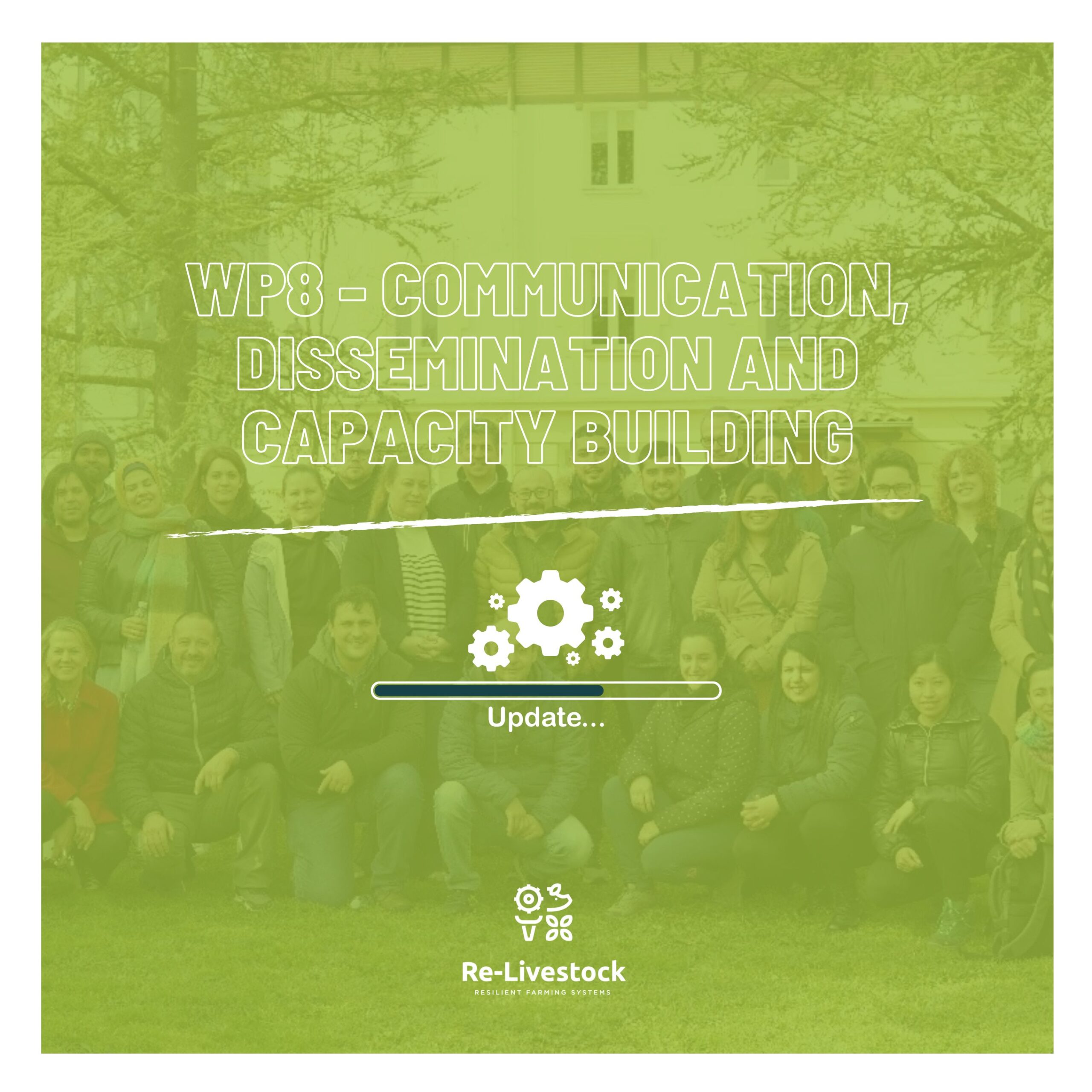International Course on Cattle Breeding for Low Methane Emissions Hosted by CIHEAM Zaragoza
From 24 to 28 February 2025, CIHEAM Zaragoza hosted the advanced training course “Cattle Breeding for Low Methane Emissions: From Farm Measurement to Genetic Progress.” The event was part of the Horizon Europe Re-Livestock project, and jointly organised by CIHEAM Zaragoza, NEIKER, and the Global Research Alliance on Agricultural Greenhouse Gases (GRA), in collaboration with Wageningen University and Research (WUR) and INIA-CSIC. The course was conducted under the umbrella of the Mediterranean Network on Greenhouse Gases in Agriculture.
The event brought together 43 participants from 21 countries across Europe, Africa, the Americas, and Oceania. Attendees included researchers, academics, and representatives from breeders’ associations and genetic companies, all working towards reducing methane emissions from cattle through advanced breeding strategies. The course was delivered by 15 expert lecturers from leading international universities, research centres, and companies.
Lectures were complemented by practical sessions, technical visits, and real-world case studies, fostering a vibrant exchange of expertise and perspectives.
Highlights from the Course:
- Day 1:
- David Yañez (CSIC-EEZ) introduced the Re-Livestock project.
- Birgit Gredler-Grandl (WUR) outlined the course structure.
- Opening lectures by Hayden Montgomery (Global Methane Hub) and Roel Veerkamp (WUR) addressed current emissions challenges and mitigation efforts in livestock.
- NEIKER experts Aser Garcia and Idoia Goiri presented methane measurement technologies.
- Day 2:
- Experts from WUR and CSIC-INIA led a hands-on session on processing and analysing GreenFeed and sniffer data, turning raw methane data into genetic traits.
- Day 3:
- Participants estimated genetic parameters for methane traits in a second practical session.
- Presentations explored proxy measurement methods, including mid-infrared spectroscopy (Amélie Vanlierde, Walloon Agricultural Research Centre), and rumen microbiome analysis (Oscar Gonzalez-Recio and Suzanne Rowe, AgResearch).
- Day 4:
- Case studies from Spain, New Zealand, Australia, the Netherlands, and Canada showcased how methane traits are integrated into national breeding programmes.
- Day 5:
- A field trip to Fraisoro Eskola dairy farm and NEIKER’s experimental farm offered hands-on demonstrations of GreenFeed, sniffers, laser methane detectors, and respiration chambers.
This course marked a major step forward in equipping professionals with the knowledge and tools needed to incorporate methane reduction strategies into cattle breeding programmes—an important element of Re-Livestock’s broader aim to build more resilient, sustainable livestock systems.
